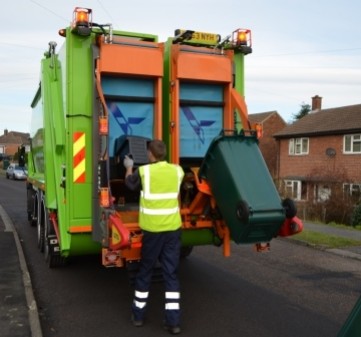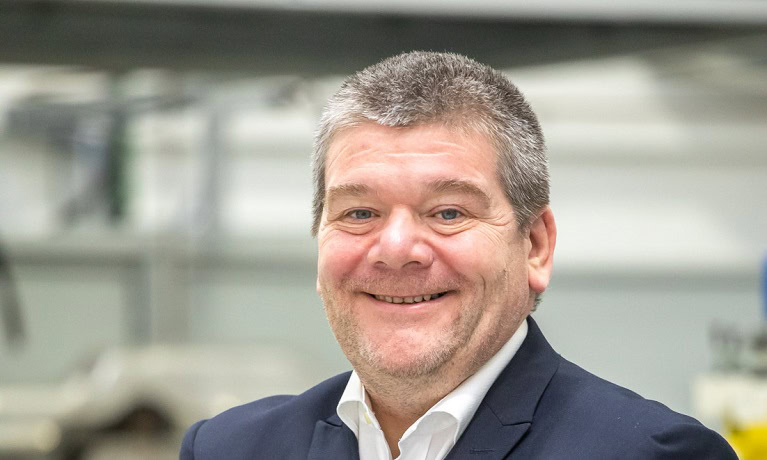The council’s ‘back in the black’ campaign is focusing on the contamination of its green recycling bins by black plastic. Residents are being informed that their recycling bins will not be emptied if they contaminate them with black plastic.

Around 41,000 households will be leafleted on this issue as well as the wider recycling message about what can and can’t be recycled under the council scheme. A series of roadshows are also being hosted across the area to make residents aware of the change as well as to reinforce the recycling message.
The contractor Palm Recycling has told the district council that it cannot accept the black plastic because the dye contained within contaminates the other plastics and it is too costly to separate out at the MRF. As a result, South Derbyshire is having to compensate Palm around £18,000 per month for the contamination received in its loads.
Any loads found to be contaminated with black plastic will be rejected and sent to landfill.
Gillian Coates, business and recycling manager at the council, said: “We are extremely proud of our residents’ efforts on recycling and we know that people are always keen to support us in our aims of reducing waste and making South Derbyshire cleaner and greener.
“However, we have some important information that we need people to follow if we are to continue to achieve excellent results.
“Black plastic food trays, for example, like the ones used in microwaveable meals, have certain dyes in which mean they cannot be recycled with other plastics. These need to go in the black bin from now on.”
Compost
Coates also urged residents to make the most of their brown bins by composting food waste including cooked food, meat, fish and bones – minus the packaging.
Contamination of black plastic was found to be high during sampling according to a South Derbyshire press officer. Council notes of a meeting held on 4 June indicated that contamination levels were around the 9% level for materials placed in the green recycling bin. It cited industry average figures of 5% and 2-3% for good performing schemes.
As well as black plastic other contaminants included pizza boxes, plastic bags, plant pots, coat hangers, buckets, baskets, toys, bubble wrap and foam packaging.
The council introduced a new recycling programme – the easy green recycling scheme – in the autumn of 2013. Under the scheme the four main recyclables are not collected separately as specified under the Waste (England and Wales) Regulations 2011.
TEEP
The council has to be able to demonstrate a technical, environmental, economic or practicable (TEEP) reason for not collecting the four main recyclables separately. The aim of the regulation is to ensure schemes deliver high quality materials so they can be easily recycled.
If South Derbyshire District Council’s wants to continue with its current recycling scheme – the council meeting notes warn – it needs to demonstrate to the Environment Agency that the material it is collecting is high quality with low levels of contamination.
According to council meeting notes for 4 June, the council has a statutory duty to achieve a combined recycling and composting rate of 50% by 2020. It has further committed to a target of 55% as part of the Derbyshire Waste Management Strategy. The current top performing Councils in England are achieving over 60% combined recycling and composting.









Subscribe for free